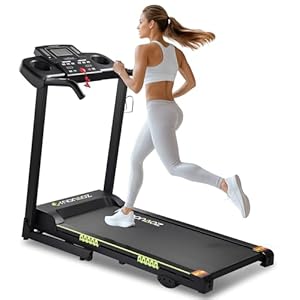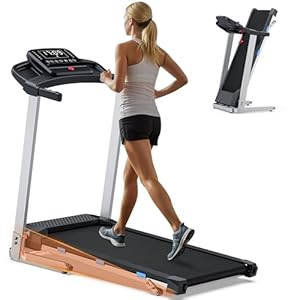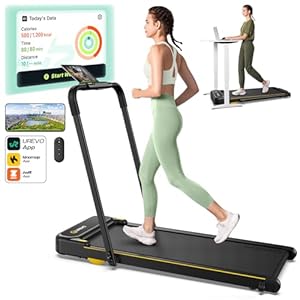
If you’ve ever considered taking up running but felt unsure of where to start, this guide is tailored just for you. Discover the key elements that can transform your running experience from a shaky first step to a confident stride. By unraveling the mysteries of pacing, gear selection, and training plans, you’ll soon find yourself on a path towards newfound fitness and accomplishment. Stay tuned to uncover the secrets that will set you on the right track towards becoming a successful runner.
Benefits of Running for Beginners
If you’re looking to start running as a beginner, you’ll quickly discover the numerous benefits it offers for both your physical and mental health. Running is a fantastic way to improve your cardiovascular fitness, strengthen your muscles, and boost your overall stamina. As you hit the pavement or trails, you’ll feel your body becoming stronger with each stride you take.
Not only does running contribute to physical health, but it also has incredible mental health benefits. The release of endorphins during a run can help reduce stress, anxiety, and even symptoms of depression. Running provides a sense of accomplishment and empowerment as you set and achieve your goals, whether it’s running a certain distance or beating your personal best time.
Moreover, the time spent running can be a great opportunity to clear your mind, reflect, and find a sense of peace in the midst of a busy day. So lace up your shoes, hit the road, and experience the amazing benefits that running can bring into your life.
Essential Gear for New Runners
When starting out as a new runner, having the right gear is crucial for a comfortable and successful experience. The most important piece of gear for beginners is a good pair of running shoes. Make sure they fit properly and provide adequate support to prevent injuries.
Moisture-wicking clothing is essential to keep you dry and comfortable during your runs. Investing in running socks can also help prevent blisters and discomfort. A supportive sports bra is vital for female runners to ensure comfort and reduce the risk of chafing.
A reliable fitness tracker or running app can help you track your progress and stay motivated. Don’t forget to stay hydrated by carrying a water bottle or using a hydration belt. Lastly, consider a hat or sunglasses to protect yourself from the sun and keep sweat out of your eyes.
With the right gear, you’ll be ready to hit the road and enjoy your new running journey.
Common Mistakes to Avoid
As you embark on your running journey, it’s important to be aware of common mistakes that can hinder your progress and enjoyment. One major error beginners make is starting too fast and pushing themselves too hard. It’s crucial to pace yourself to avoid burnout and potential injuries.
Another mistake is neglecting proper warm-up and cool-down routines. Failing to prepare your body adequately before a run or skipping post-run stretches can lead to muscle strain and discomfort.
Furthermore, wearing inappropriate footwear is a common blunder. Investing in a good pair of running shoes that provide proper support and cushioning is essential to prevent foot and leg injuries.
Hydration is often overlooked, but staying hydrated before, during, and after your run is vital for optimal performance and overall health.
Lastly, ignoring rest and recovery can impede your progress. Rest days are crucial for allowing your body to heal and grow stronger. By avoiding these common mistakes, you can set yourself up for a successful and enjoyable running journey.
Building Your Beginner Running Plan
To effectively establish your beginner running plan, begin by setting achievable goals and outlining a structured training schedule. Start by determining what you want to achieve through running, whether it’s completing a certain distance, improving your overall fitness, or participating in a race. Setting specific, realistic goals will help keep you motivated and focused.
Once you have your goals in place, create a training schedule that gradually increases in intensity to prevent injury and improve endurance. Consider factors like your current fitness level, the frequency of your runs, and rest days to allow your body to recover.
A good beginner running plan should include a mix of running, strength training, and flexibility exercises to build overall fitness and prevent imbalances. Remember to listen to your body, adjust your plan as needed, and celebrate your progress along the way.
With a well-structured beginner running plan, you’ll be on your way to achieving your goals and enjoying the benefits of running.
Running











